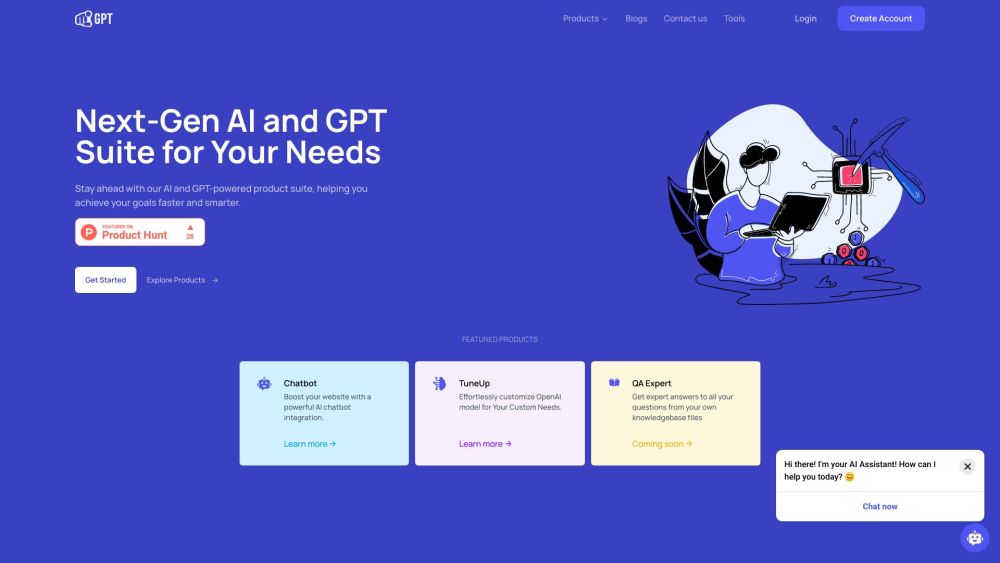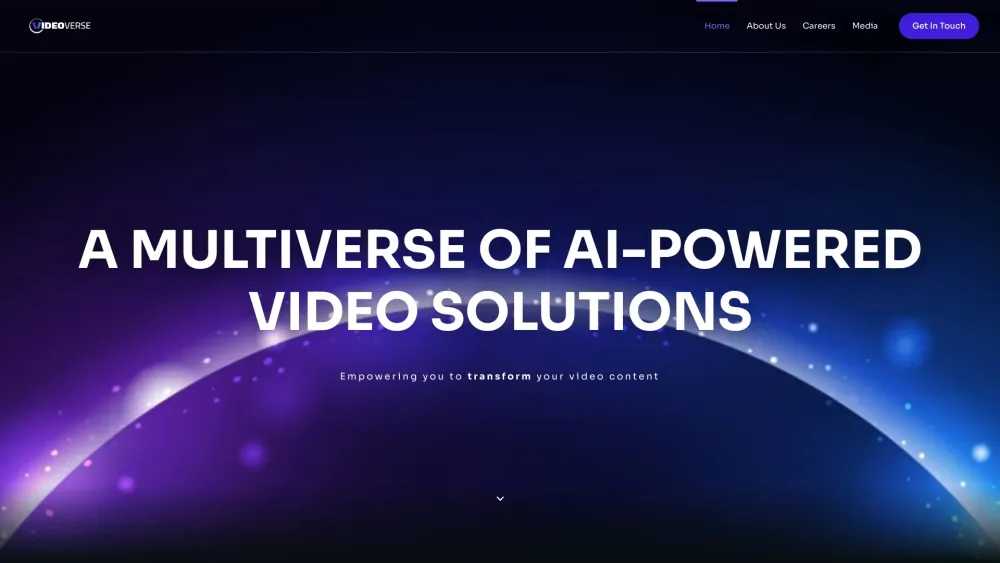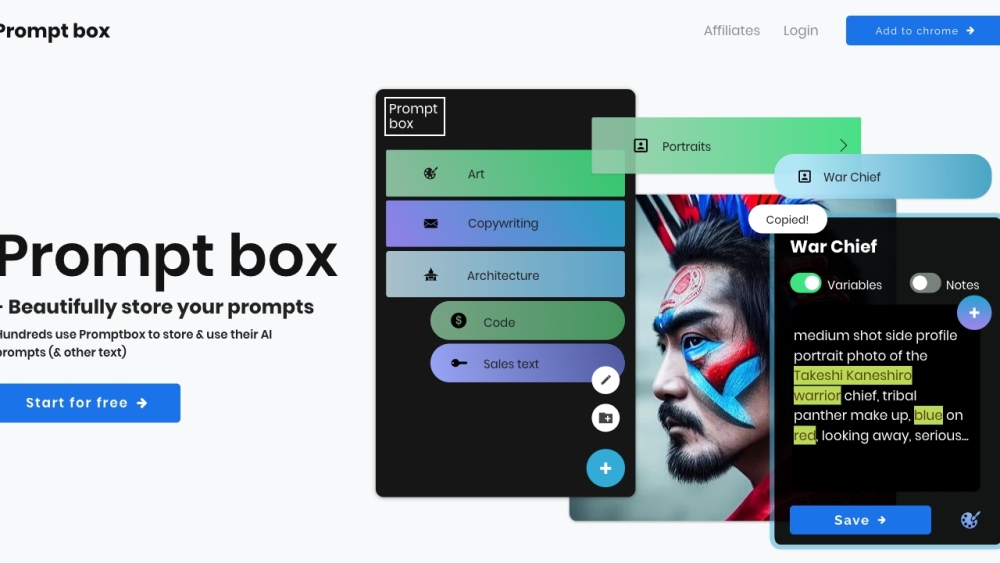It’s not a traditional school, but the OpenAI Academy aims to enhance the skills and careers of local developers.
Announced today, this initiative will allocate an undisclosed amount of $1 million in API credits to developers in low- and middle-income countries.
The purpose? To drive economic growth and spur innovation in critical sectors like healthcare, agriculture, education, and finance, ensuring that the transformative power of artificial intelligence is accessible to diverse communities worldwide.
According to OpenAI's announcement, “Many countries have rapidly growing technology sectors filled with talented developers and innovative organizations, yet access to advanced training and technical resources remains a significant barrier. Investing in local AI talent can transform various industries.”
While some skeptics might view this as a form of technological colonialism—arguing that OpenAI is merely extending its influence—developers who receive these credits are likely to feel motivated and excited to leverage OpenAI models to create their own applications, potentially leading to prosperous startups.
OpenAI stands to benefit from this initiative by solidifying connections with emerging developers. However, nothing in the announcement restricts these developers from using other AI models or switching to competitor APIs in the future. This arrangement appears advantageous for both developers and OpenAI.
Which countries qualify for participation?
OpenAI has not specified which countries fall into its “low and middle-income” categories, but these classifications align with those used by the World Bank, based on gross national income (GNI) per capita.
The World Bank categorizes economies into four income groups: low, lower-middle, upper-middle, and high income. While the U.S. and many European nations are high-income, numerous countries in Sub-Saharan Africa and South Asia remain low or lower-middle-income, where GNI per capita restricts access to advanced technologies like AI.
Countries such as Afghanistan, Bangladesh, and Angola are identified as low and lower-middle-income. In total, 63% of countries, or 137 nations, fall into the lower or middle-income categories.
It's unlikely that OpenAI will target all these nations at once, making it particularly interesting to see where they will focus first.
Empowering local talent for global impact
OpenAI is not just offering API credits; the company also plans to host incubators, competitions, and provide access to experts for developers and mission-driven organizations utilizing AI.
The Academy will work to build a global developer network that fosters collaboration and knowledge sharing across diverse regions. By connecting participants, OpenAI aims to create a vibrant community capable of driving technological advancements and addressing community-specific challenges.
The initiative includes plans for contests and partnerships with philanthropists to invest in organizations actively engaging with their communities. For example, KOBI, a recent recipient of the OpenAI prize at The Tools Competition, uses AI to help students with dyslexia learn to read. I-Stem, another beneficiary, employs AI to enhance access to educational content for blind and low-vision individuals in India, aiding them in securing meaningful employment.
Broadening access to AI resources
Beyond supporting developers directly, OpenAI has financed the translation of the Massive Multitask Language Understanding (MMLU) benchmark into 14 languages, including Arabic, Bengali, and Swahili.
This initiative seeks to make AI education more accessible to non-English-speaking communities, facilitating the development of culturally tailored AI solutions.
The OpenAI Academy represents a significant enhancement of OpenAI’s ongoing efforts to empower developers and organizations globally. Further details on accessing the Academy’s resources will be announced soon.





